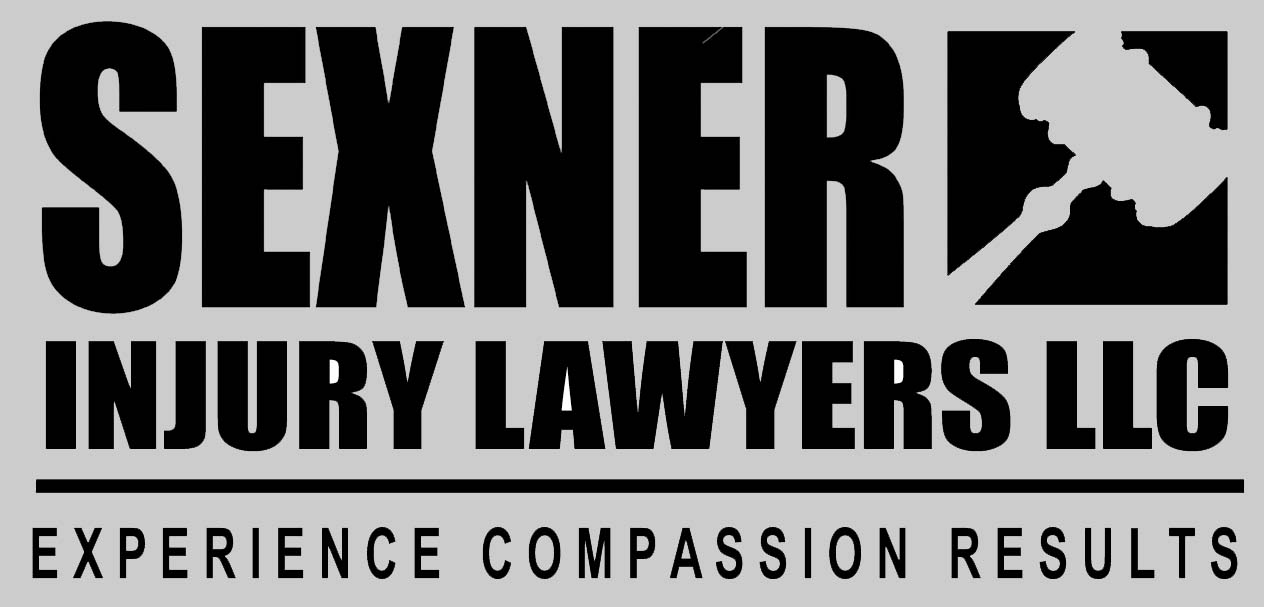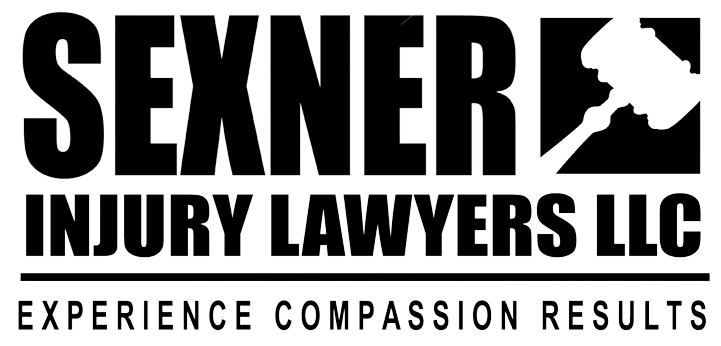Chicago Nursing Home Medication Error Attorneys
Elder abuse is among the most despicable acts that can be committed, since it is perpetrated against senior citizens by the very people entrusted with their care. Medication malpractice is a form of nursing home abuse. It can take many forms, but usually involves stealing or withholding medication from those who need it, or prescribing the wrong medication. In any form, it can have serious consequences and result in ongoing illness or even death for elderly patients.
We trust nursing homes to look after and care for our elderly family members when we simply don't have the experience or knowledge to do it ourselves. When that trust is violated, then those responsible must be held accountable for their actions (or inactions). If you suspect something has happened to your loved one in a nursing home, trust your instincts and do something about it. Call a Chicago nursing home medication error lawyer at Sexner Injury Lawyers LLC at (312) 243-9922 to discuss your case and talk about the options available to you.
What Is Nursing Home Medication Malpractice?
Nursing home medication malpractice is a form of nursing home abuse specifically involving the administration of medications needed by residents. What could be more important to patients at a nursing home or inpatient facility? After all, the staff is administering these drugs to patients who often have no personal knowledge or input into the amount or type of drugs that are being given. The prescription has been determined by the physician and it is of the utmost importance that the correct drugs and dosage are administered. To do otherwise may well result in a serious complications. If your elderly loved one tells you he or she is not getting medication for an illness or daily health, ask the staff at the nursing home about it. No matter what, get to the bottom of it.
Common Forms of Medication Malpractice
Though nursing home medication malpractice can happen in different ways, there are a few forms more common than others. These include:
- Incorrect medication: In some cases, residents at a nursing home might be given the wrong medication for one reason or another. This can happen if a doctor fails to properly prescribe what is needed by a resident, or if the staff does not care enough to make sure the right medication is given. When this happens, the resident’s condition can go untreated and worsen.
- Pharmacist errors: Despite a proper prescription, the pharmacist may negligently fill the prescription, either choosing the wrong drug or providing the wrong dosage instructions.
- Monitoring errors: While administering the prescription, the medical staff must pay close attention to adverse drug effects or signs of drug toxicity. When the nursing home staff fails to do so, injury or death may result.
- Charting errors: The nursing home or inpatient facility staff is required to carefully chart the administration of drugs and times that such drugs were given. Even small clerical errors in the charts may lead to serious consequences.
- Withholding medication: Negligent and malicious nursing home staff may withhold medication from a resident on purpose. This can be done to avoid the cost of providing medical treatment, or a staff member might be keeping the medication for personal use or illegal sale.
- Intentional dosing errors: Some medical personnel may intentionally administer certain drugs to make the patient more docile and less aggressive. The use of such "chemical restraints" are not only unethical but may constitute medical malpractice leading to injury.
- Wrong dosage: This is not likely to be malicious and is more commonly an act of irresponsible negligence. If the wrong dosage is given to a resident, it can have very serious consequences. Too little medication can be similar to failing to treat the issue at all, while too much can result in a dangerous overdose.
- Dangerous drug interactions: Certain drugs cannot be used together, and when a doctor or nurse fails to recognize that, then malpractice may have occurred. Consequences from drug interactions can be fairly minor, quite serious, or even lethal, depending on the medications involved. The weakened immune systems of the elderly are more at risk from these kinds of interactions.
Consequences of Medication Mistakes
Giving the wrong medication, under-medicating, or over-medicating may all lead to serious medical conditions. These conditions include:
- Exhaustion
- Organ failure
- Slow recovery
- Deteriorating condition
- New medical complications
- Lack of energy
- Changes in behavior
- Drug overdose
- Delirium
- Fractures and falls
- Incontinence
- Dependence on medication
- Chronic pain
- Immune system problems
- Dehydration
- Death
What Should I Do If I Suspect Abuse?
If something tells you there is something wrong at a nursing home, listen to that instinct and act on it. The first thing you should do is report your suspicion to the proper authorities. In Chicago, contact the Illinois Department of Public Health to report a complaint or suspected abuse, including neglect and medication malpractice. Once you do that, call an experienced nursing home abuse lawyer to discuss your civil options in order to protect your loved ones and punish those who would take advantage of your trust.
Don't wait another moment to take action and protect the ones you love. Call the experienced and tough nursing home abuse attorneys at Sexner Injury Lawyers LLC right now at (312) 243-9922.

